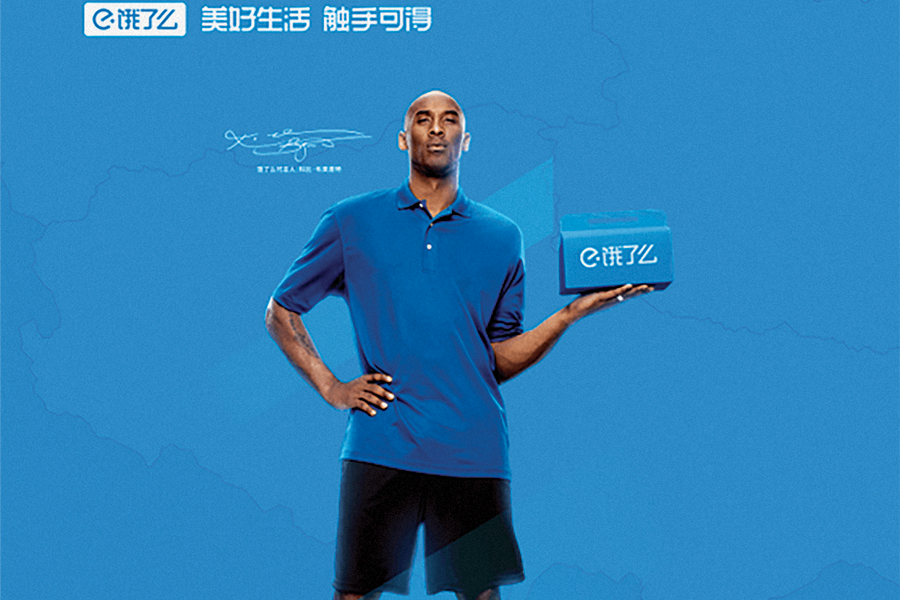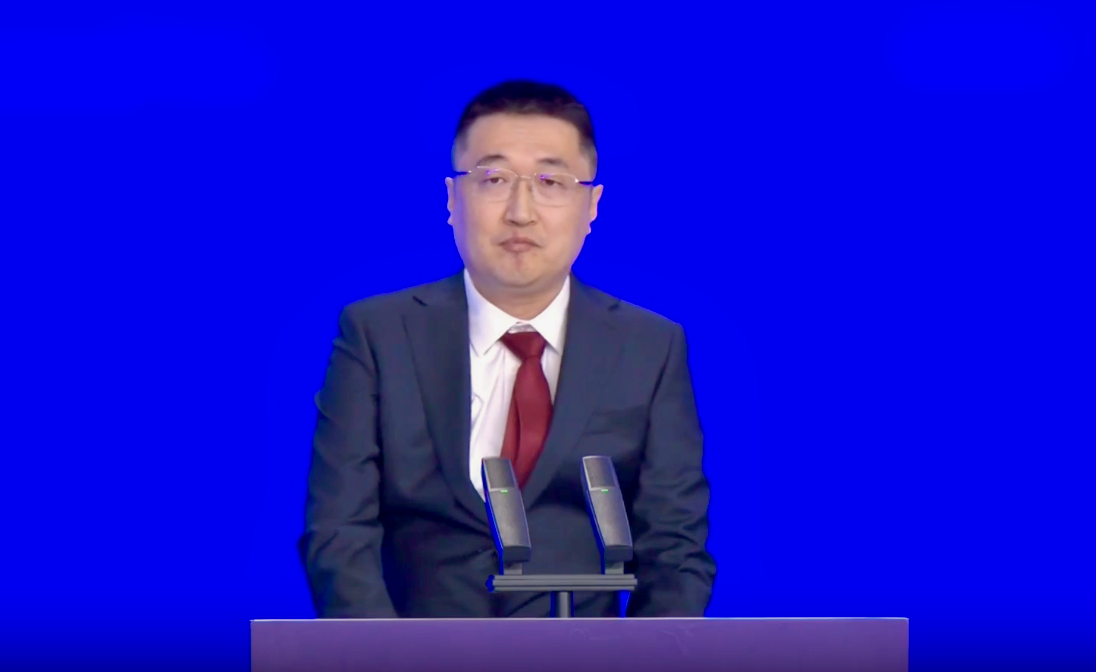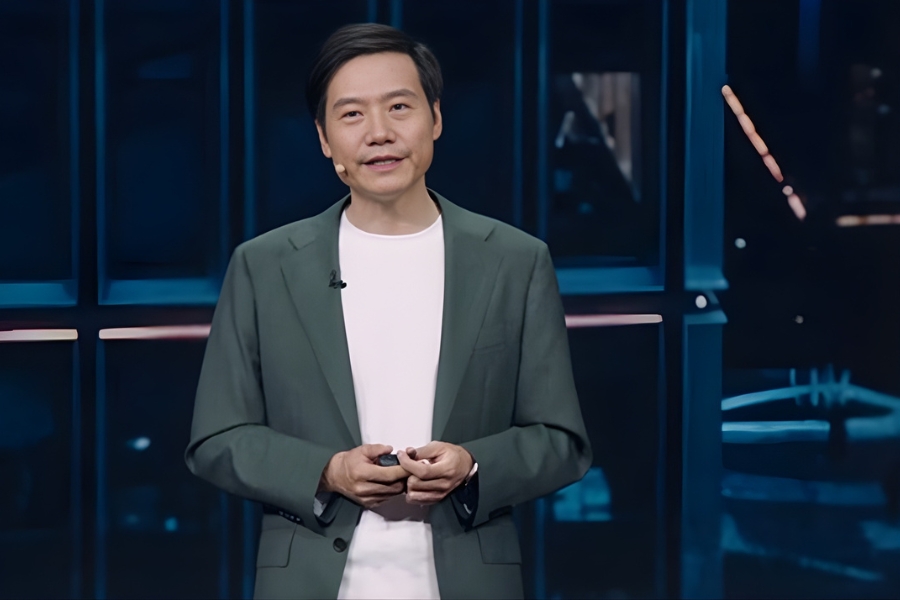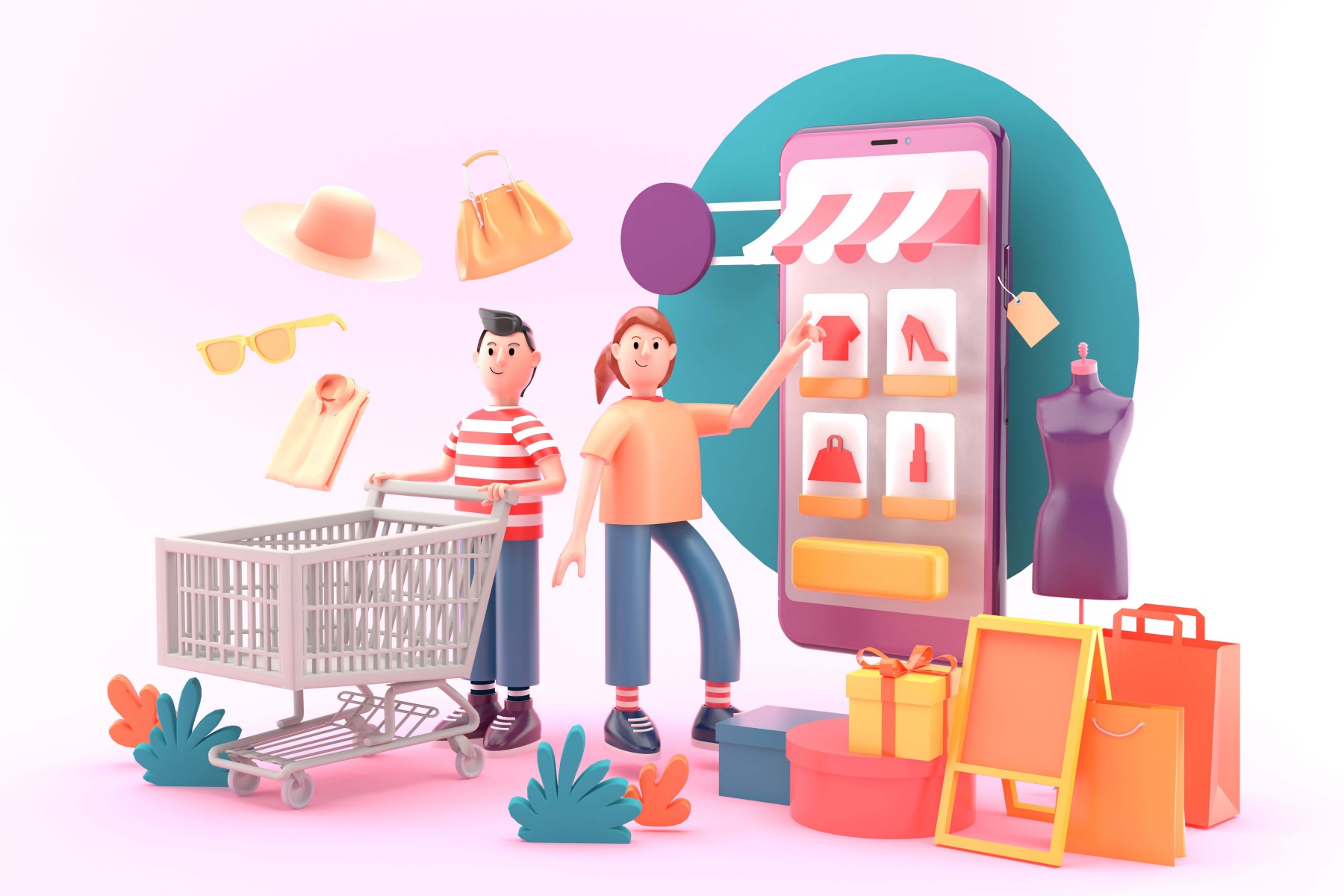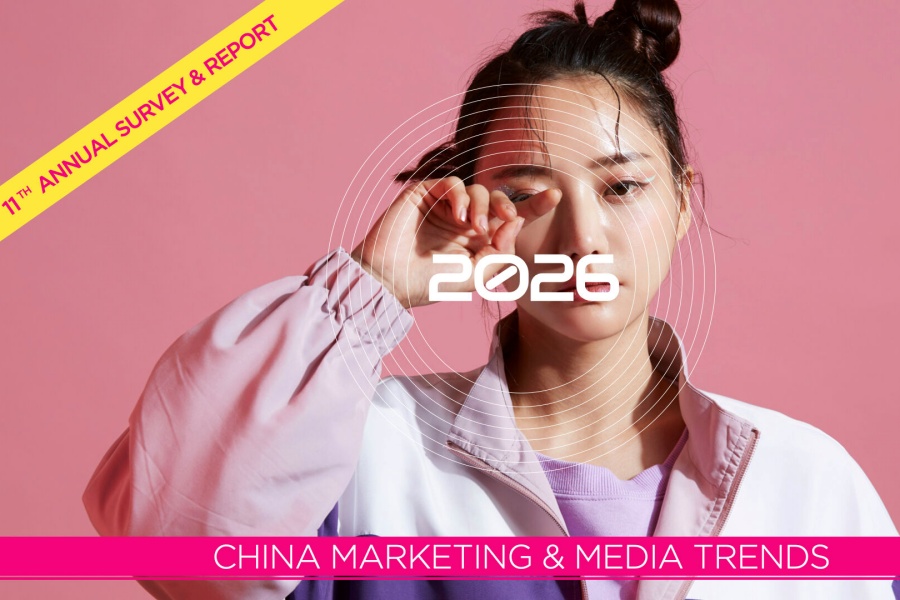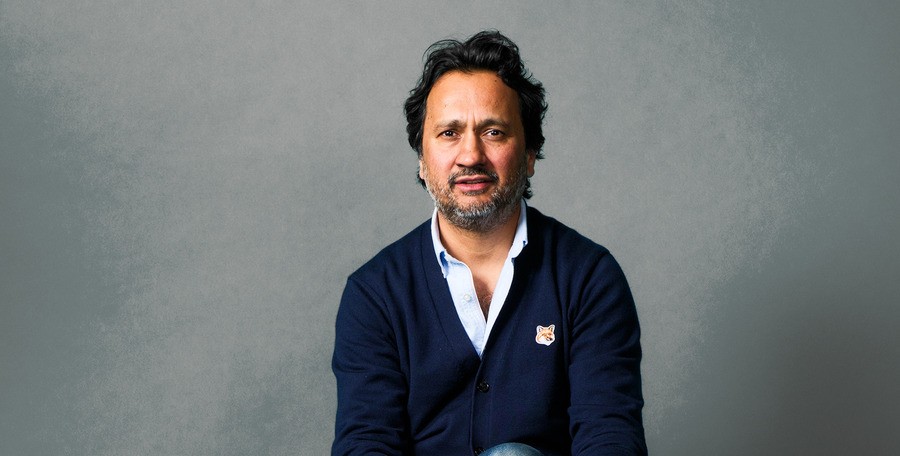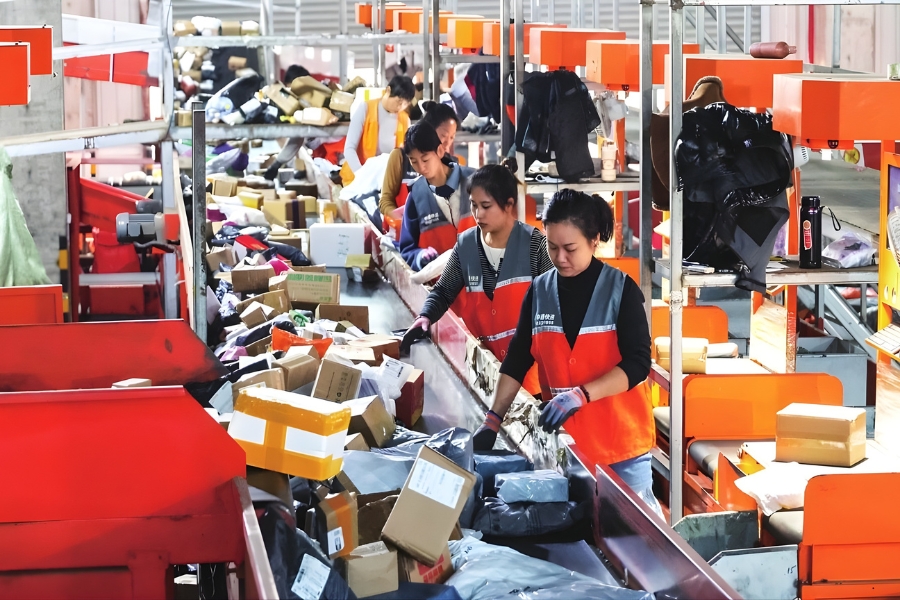The explosion of ‘online-to-offline’ (O2O) strategies is a phenomenon in China. But the fusion of reassurance and inspiration offered by best-in-class O2O should be embraced in the West, particularly given the decline of brick-and-mortar sales in the US and Europe.
First, definitions. O2O is a practice that draws potential customers from online channels to physical stores, or vice versa. For example, ‘click and collect’ involves goods that are ordered from a store’s website and collected at a local branch to avoid delivery fees and congested retail spaces.
In the West, O2O delivers largely functional benefits, such as convenience. In China, O2O is one of the most dynamic and, for consumers, satisfying areas of commercial innovation. Offline and online blend into holistic, rewarding experiences.
Appliance retailer Suning has partnered with Alibaba, combining the latter’s online retailing assets with its own physical stores and distribution facilities to turn purchasing of consumer electronics into themed ‘experiential zones’—such as gaming command centres and kitchens for fine cuisine. And ‘cloud stores’ merge e-retailing with brick-and-mortar shops. Large screens display and sell products unavailable on-site.
Ping An Insurance Group’s Good Doctor app, meanwhile, liberates citizens from China’s sclerotic medical system. Seventy million have downloaded the service, which provides diagnosis and treatment support, appointment booking, and consultations with doctors through text, pictures and video.
China’s embrace of O2O is partly driven by the country’s unique commercial landscape. Characteristics include a non-responsive and oligopolistic service sector that fuels demand for innovative O2O solutions; low credit card penetration that catalyses development of online payment systems; cheap labour costs for inexpensive delivery; the ubiquity of QR codes that propels ‘retail-tainment’; and the Communist Party’s active push of growth through digital transformation of an ‘internet plus’ economy.
Chinese psychology is also a critical factor in the spread of O2O. Most fundamentally, O2O provides reassurance to China’s safety-seeking population. The ability to ‘kick the tyres’ before virtual transactions are finalised is comforting.
China reveres the concrete, and anything nebulous is suspect. Operational scale, on the other hand, buoys spirits. Aversion to virtual transactions was mitigated only after Alipay, the payment system operated by Alibaba, became universally accepted.
The flip side of self-protection is the need to feel in control. That’s why dao jia (door-to-door)—even more consumer-centric than O2O because service is ‘whenever, wherever’—is so popular. The tracking capabilities of Ele.me, a food delivery service, make America’s order-and-pray Seamless app feel prehistoric. Delivery crews riding GPS-enabled bikes minimise China’s national trust deficit.
Finally, the Chinese are shrewd bargain hunters who demand value, not just low price.
Yes, O2O is ‘strategy with Chinese characteristics’. But, as Western brand-builders elevate transactional efficiency into multi-dimensional experience, it’s finally time to look to China for new ideas.
 Tom Doctoroff is senior partner at Prophet. Tom Doctoroff is senior partner at Prophet. |

